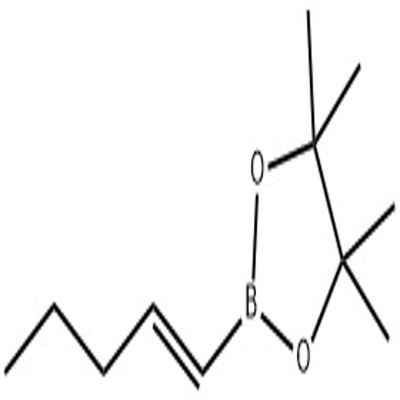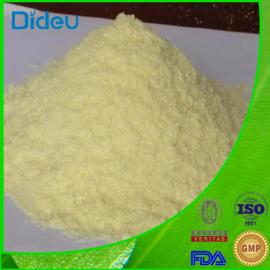-
Categories
-
Pharmaceutical Intermediates
-
Active Pharmaceutical Ingredients
-
Food Additives
- Industrial Coatings
- Agrochemicals
- Dyes and Pigments
- Surfactant
- Flavors and Fragrances
- Chemical Reagents
- Catalyst and Auxiliary
- Natural Products
- Inorganic Chemistry
-
Organic Chemistry
-
Biochemical Engineering
- Analytical Chemistry
- Cosmetic Ingredient
-
Pharmaceutical Intermediates
Promotion
ECHEMI Mall
Wholesale
Weekly Price
Exhibition
News
-
Trade Service
The top academic journal, Nature, recently published a study on cholesterol metabolism by Professor Baoliang Song of Wuhan University (winner of the 2018 Pharmaceutical Mingkangde Biochemistry Research Award).
the study sheds light on an unexpected way to regulate cholesterol's own synthesis and suggests potential fat-lowering drugs that could be used to treat metabolic diseases such as hyperlipidemia, fatty liver disease, obesity and diabetes, according to a summary of the paper.
"the body's necessary cholesterol is mainly synthesized by the body itself, in theory healthy people do not need to eat exonerate cholesterol can also meet the metabolic needs."
" Professor Song Baoliang, who has long been devoted to studying cholesterol metabolism, said, "Over the past few decades, Chinese's eating habits have changed a lot, and many people have consumed more cholesterol from food than their total endoen endo-cholesterol."
to reduce cholesterol intake, reduce blood cholesterol content, become the prevention and treatment of atherosclerosis, arteriosclerosis, coronary heart disease, stroke of moderate cardiovascular disease, one of the important means.
" cholesterol synthesis is closely related to our eating and hunger status.
cholesterol synthesis is inhibited when hungry, and after eating, the rate of cholesterol synthesis increases significantly.
Song's team noted that after feeding hungry mice high-sugar, low-fat foods, the amount of HMG-CoA reductase (HMGCR) protein in their livers increased nearly 20 times.
protein is a key speed limit enzyme in the nearly 30 steps needed for cholesterol biosynthetics.
, the scientists analyzed why this key speed limitase surged after eating through bio-chemical experiments, and found that the main reason was not an increase in protein production, but a decrease in protein degradation caused by increased de-ubibinase activity.
This process involves a natural protein degradation system within the cell, and when proteins that need to be degraded are labeled ubibin, they are sent to the protease for degradation;
screening dozens of different de-ubibinases, the researchers confirmed that the largely expressed de-ubibinase USP20 in the liver can specifically act on HMGCR to protect them from degradation.
specifically, after eating, the activity of USP20 increases as insulin and blood sugar levels rise, which in turn "stabilizes" the HMGCR protein, prompting the body to convert the absorbed nutrients into cholesterol.
The molecular regulatory model proposed for the biosynthetic increase in cholesterol after eating in this study, the role of USP20 on the key speed limit enzyme HMGCR is one of the important components (Photo Source: Reference 1) after the discovery of this new regulatory factor, the researchers envision whether this in turn inhibits the activity of USP20, can reduce cholesterol synthesis, treatment of metabolic diseases.
, the researchers tried a specific USP20 inhibitor.
study of obese animals was as good as they had expected.
in the feeding state, this inhibitor can reduce liver cholesterol synthesis by nearly 50%.
after two weeks of taking USP20 inhibitors on a long-term high-sugar, high-fat diet, the weight was significantly reduced compared to the control group, the amount of fat in the blood lipids and liver was reduced, and insulin sensitivity increased and energy metabolism increased.
these metabolic indicators means that USP20 inhibitors may help treat a variety of metabolic diseases.
Baoliang Song, who led the study, said: "Xiao-Yi Lu, et al. (2020) Feeding induces cholesterol biosynthesis via the mTORC1–USP20–HMGCR axis. Nature.







